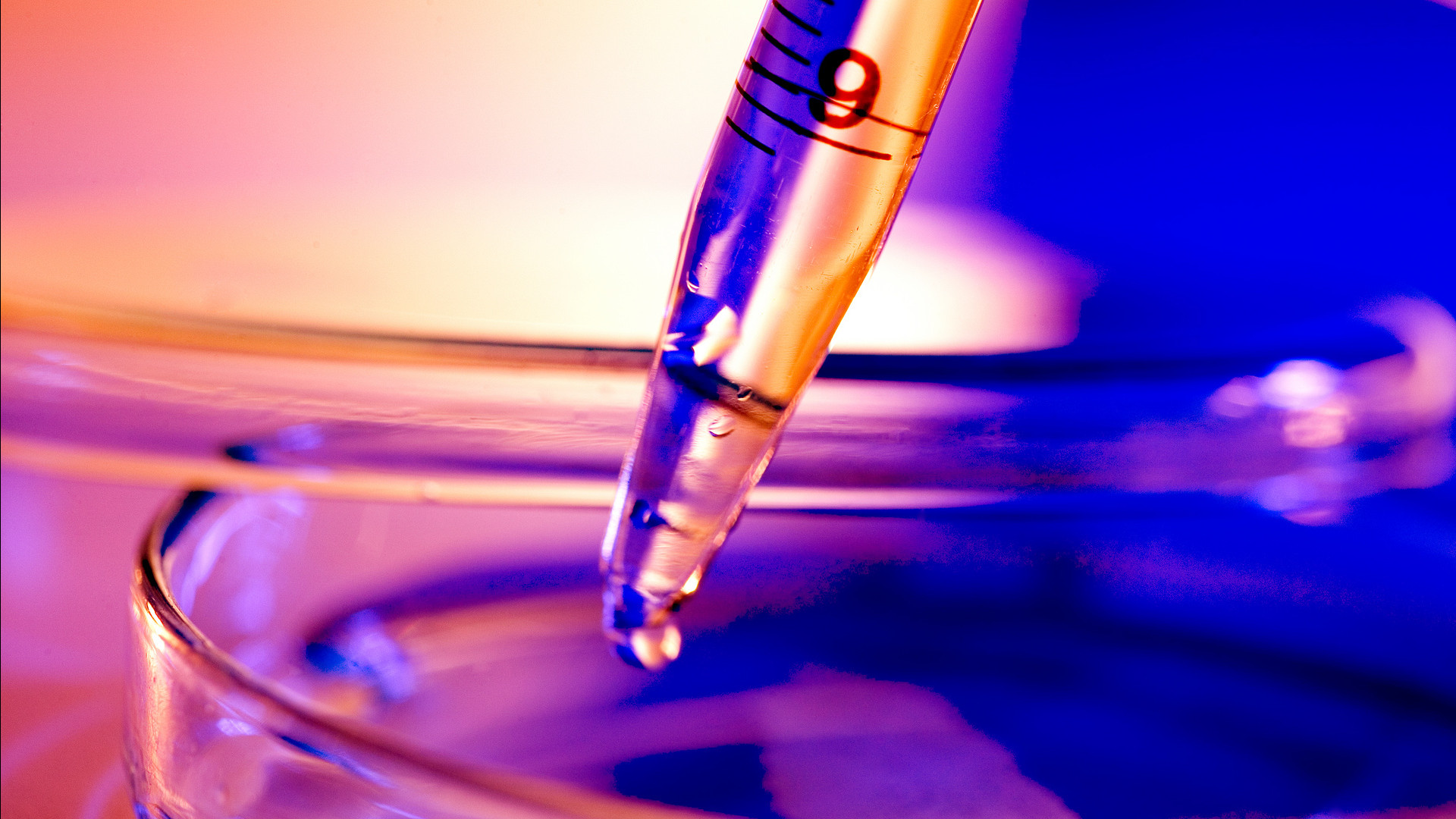Regen BioPharma Identifies Immune Checkpoint as Potential Lupus Treatment

Regen BioPharma has identified small molecules that activate NR2F6, an immune checkpoint recently identified by the company. This is the first step in a series of initiatives to develop small molecules the biotech will use as the basis to create an oral drug with potent anti-inflammatory properties, or a checkpoint inhibitor pill.
“In autoimmune diseases the immune system, for unknown reasons, is highly active against normal tissue. The activators we have identified should interfere with this autoimmune process,” Harry Lander, Ph.D., Regen BioPharma’s president and chief scientific officer, said in a press release.
“The production of some of the key molecules that activate the immune system are controlled by NR2F6. In experiments which will be performed in the near future, we expect our compounds to stop production of these immune-activating molecules,” he said.
Regen specializes in identifying undervalued regenerative medicine applications in immunotherapy and stem cell research. Currently, the biotech is focusing on checkpoint inhibitors and gene silencing therapies for autoimmune diseases like lupus.
“Small molecule therapy is very similar in scope to taking an antibiotic pill for treating an infection,” said Regen Chairman and CEO David Koos, Ph.D. “Regen is focused on creating oral small molecule drugs that will be used to treat cancer, arthritis, and other autoimmune maladies. This approach is believed to be more cost effective, less traumatic for the patient and provide a higher level of efficacy in treatment.”
Nuclear receptor subfamily 2, group F, member 6 (NR2F6) is a molecular switch that controls genes associated with immune responses as well as genes associated with the ability of cancer stem cells to propagate. Regen has filed for a series of patent applications covering different means of manipulating NR2F6 in oncology and immunology.
“The annual cost of treatment for the top seven autoimmune disorders is estimated to be between $50 billion and $70 billion. We believe both our activator program (for treatment of autoimmune disorders) and our inhibitor program (for treatment of cancer utilizing immunotherapy) will provide major markets for Regen’s small molecule drug development,” Koos said.





